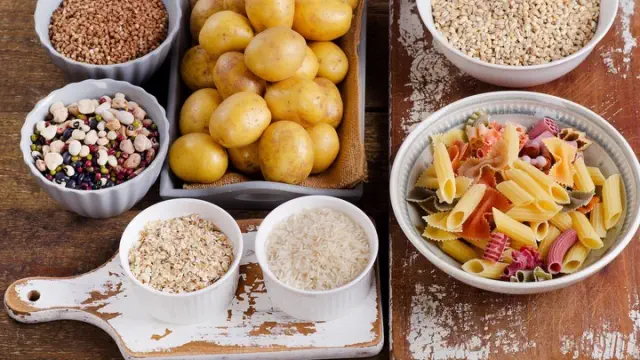Receiving a surge of information can often lead to confusion. In this context, Dietician Dr. Carrie Ruxton clarifies several common misconceptions about nutrition.
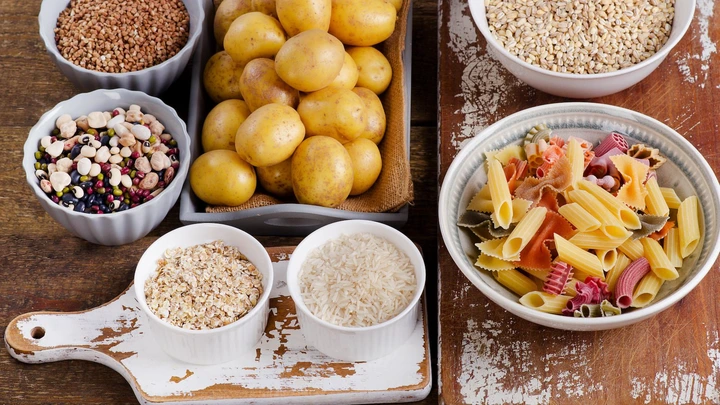
View pictures in App save up to 80% data.
As the new year begins, many people embrace fresh objectives, aim for healthier eating habits, and adopt positive lifestyle changes.
In today's age of social media, influencers, and an abundance of easily accessible information, discerning the truth about nutrition is becoming more challenging than ever.
Here, Dr Carrie Ruxton, dietician and advisor to the General Mills fibre campaign, debunks some healthy eating myths to make your life easier this January.
Myth 1: It's essential to have breakfast immediately after getting out of bed.
Ruxton mentioned that while many of us were raised with the belief that breakfast is the most crucial meal of the day, it's not necessary to eat immediately upon waking.
Although breakfast does provide an opportunity to fuel your day, some research does not conclusively prove that it is the most important.
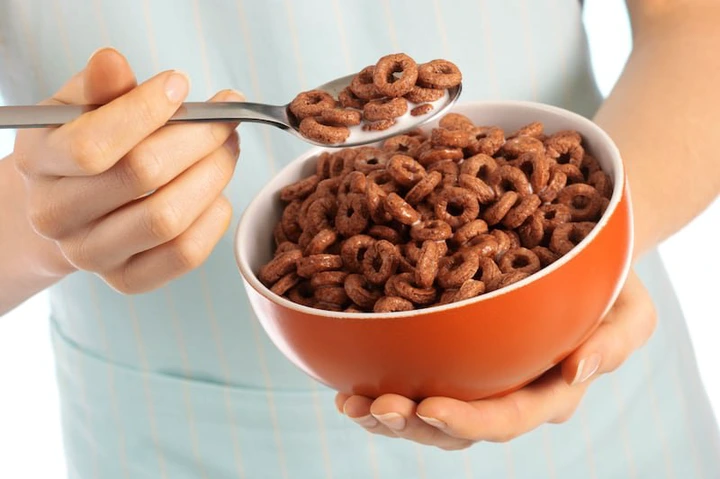
View pictures in App save up to 80% data.
"Foods such as whole grain breakfast cereals are fantastic for breakfast, and they also help with appetite control," she remarked.
Instead of having breakfast right away in the morning, she chooses to delay her first meal until after 11am, following the principles of intermittent fasting, which involves eating only within a specific timeframe each day.
Myth 2: Fiber is solely for maintaining regular bowel movements.
Evidence shows that fibre has got a lot of health benefits, and not just for regular bowel movements: it helps to control your blood sugar.
"Ruxton affirmed that it also lowers your blood cholesterol levels and decreases the likelihood of developing heart disease and diabetes. 'Fibre supports a healthy gut microbiome, which refers to the bacteria residing in your intestines. This can enhance your immune system, mood, and cognitive function, while also boosting calcium absorption in the gut, leading to stronger bones overall.'"
It is advisable to include foods like whole grains, beans, legumes, and fiber-rich snacks like nuts in your diet.
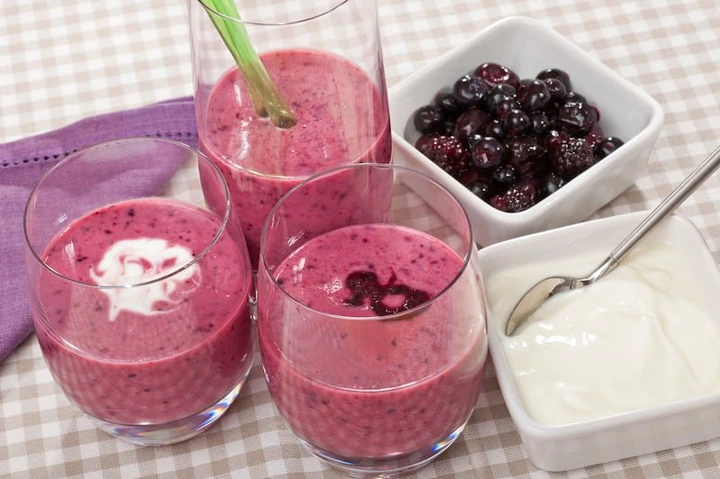
View pictures in App save up to 80% data.
Myth 3: Smoothies cause a rapid increase in blood sugar levels.
There has been a noticeable trend on social media where individuals showcase glucose monitors attached to their arms, claiming their blood sugar levels surged after consuming smoothies. However, Ruxton advises caution and encourages people not to take everything they see at face value.
One Soka University of America study found that when people drank blended fruit, in comparison to eating it whole, their blood sugars went up less after blending.
Ruxton suggests that the small seeds found in berries may be the reason for this effect. “Blending them can slow down the absorption of the sugars present in the fruit, leading to a reduced blood sugar level.”
She also believes that glucose monitors aren’t accurate enough and they may “overexaggerate blood sugars”. A January 2025 study has backed this up, finding that some monitors exaggerated blood sugars by more than three times in comparison to a finger prick blood sampling.
Myth 4: It's not advisable to have tea before going to sleep.
Many sources recommend that you should have your final cup of tea at least six hours prior to going to bed, as it is often considered too stimulating. However, Ruxton suggests that this might not be the case.
With less than half of the caffeine you would find in a cup of coffee, tea also contains an amino acid called L-Theanine, she notes.
"The blend of L-Theanine and caffeine tends to promote relaxation in individuals."
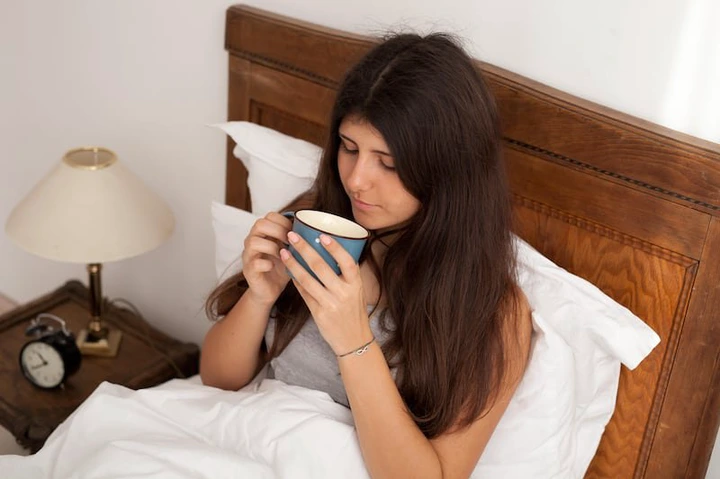
View pictures in App save up to 80% data.
A 2023 study found that people who had a regular black tea or a herbal tea in the evening, actually sleep much better.
"Ruxton clarified that the calming effect is attributed to L-Theanine and polyphenols, which are plant-based compounds known to promote relaxation and enhance a tranquil state of mind."
Myth 5: Carbs are bad foryou
Carbs are not the enemy. They “actually have got one of the lowest calorie levels per gram per serving. You get [approaximately] four calories per gram”, Ruxton said.
"Fat provides nine calories for every gram, while alcohol contributes seven calories per gram, which means that carbohydrates have a lower calorie density."
Ruxton suggests that the negative perception of carbohydrates is largely influenced by the foods that people choose to combine with them. For instance, it's not the burger bun itself that contributes significantly to calorie intake; rather, it may be the cheese, sauces, and various toppings that add to the total caloric content.
